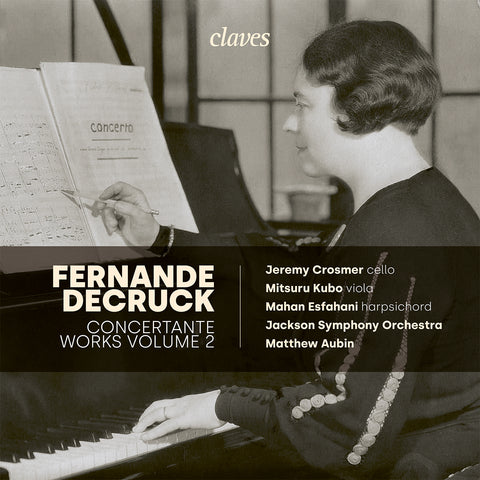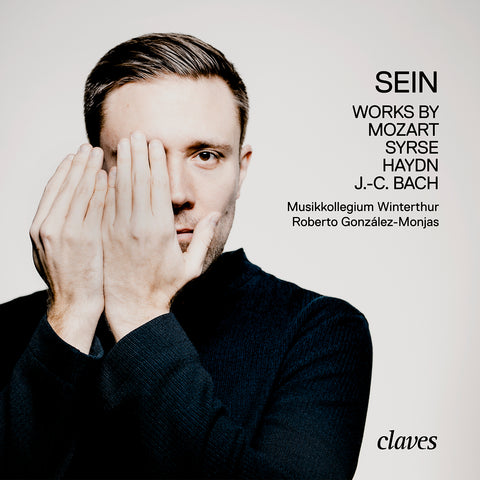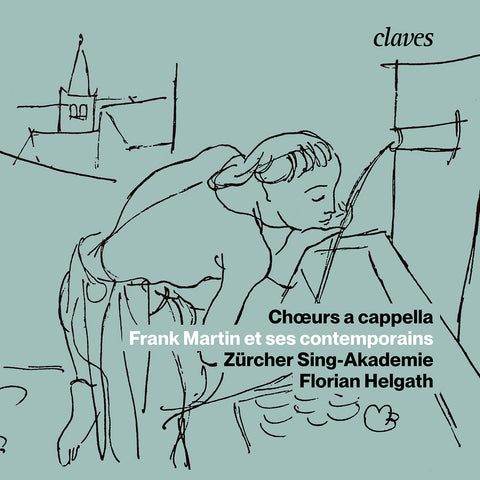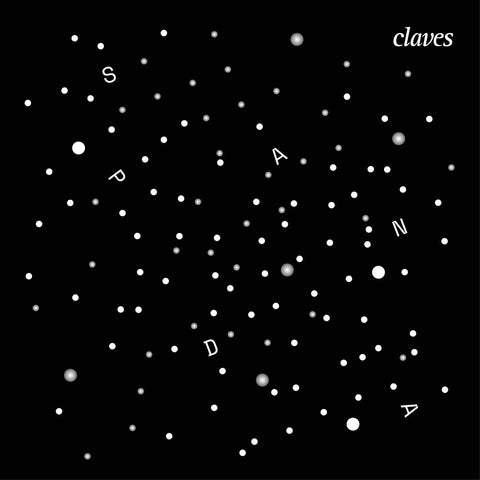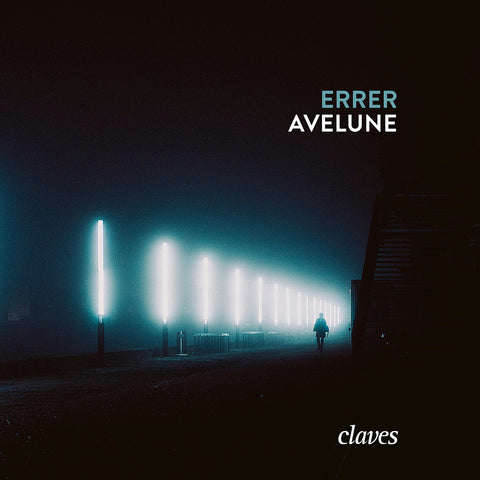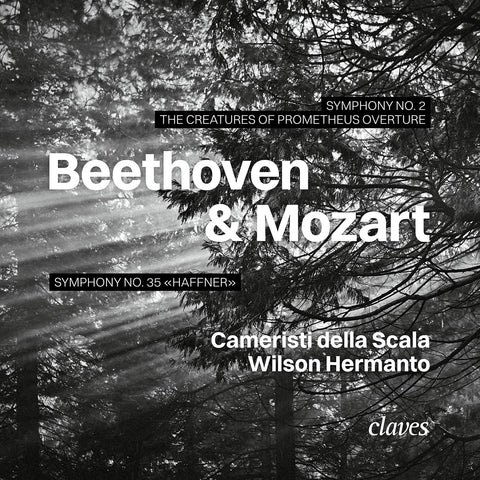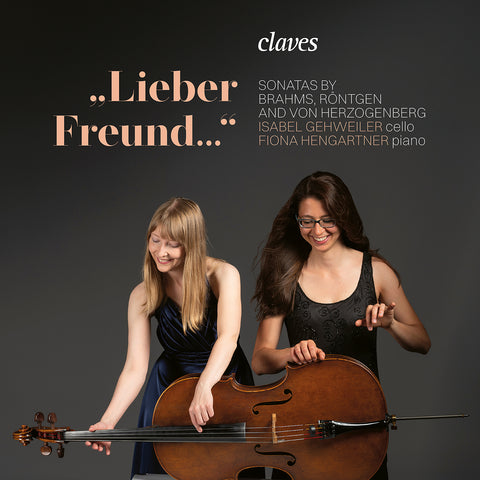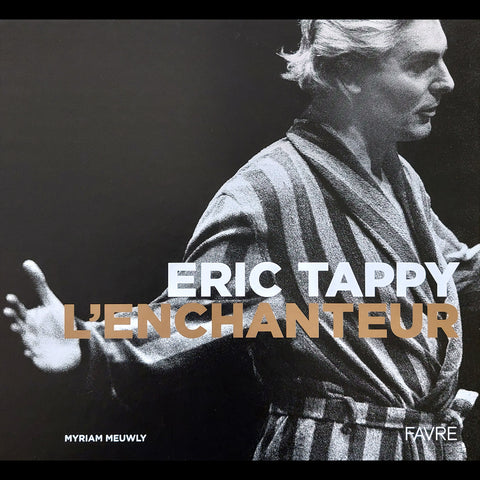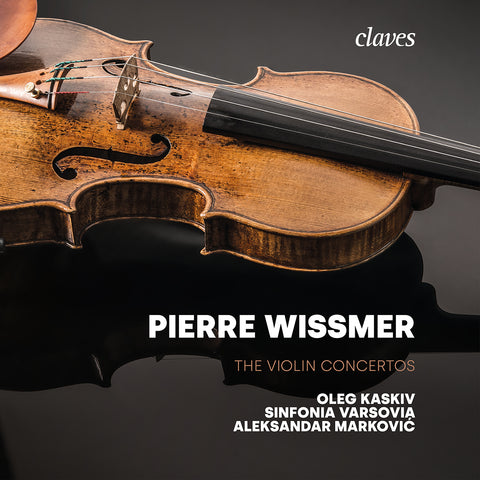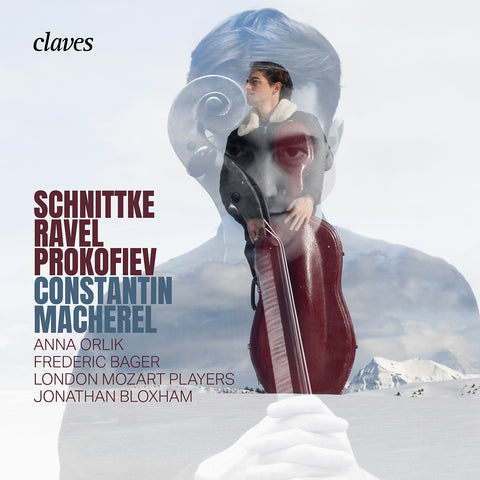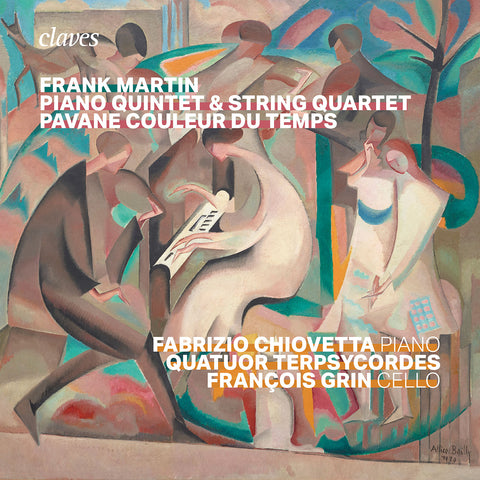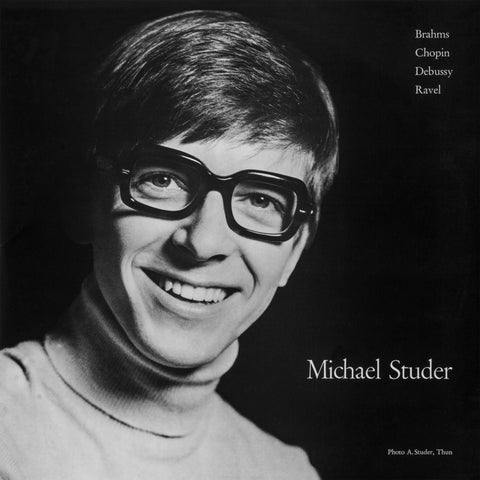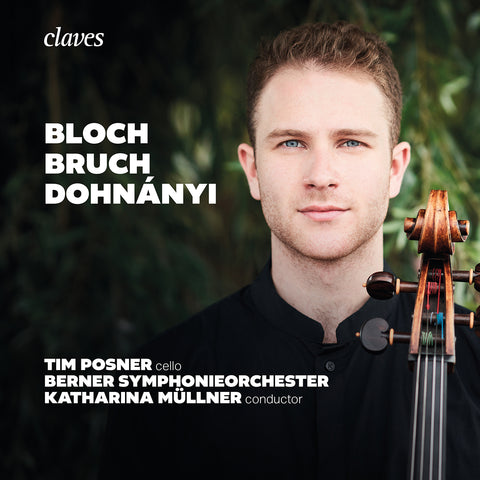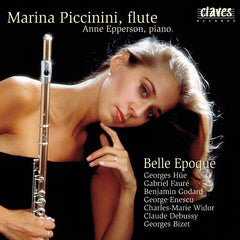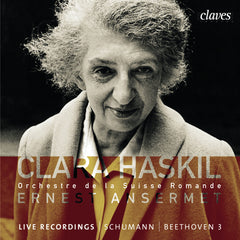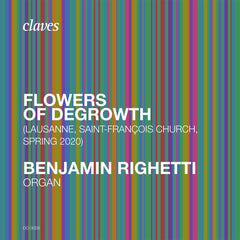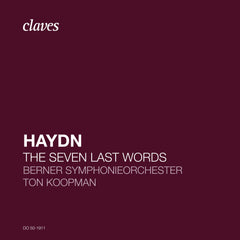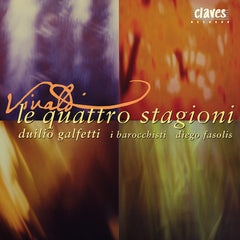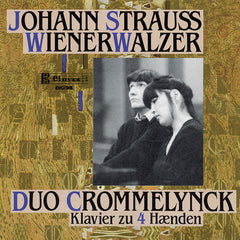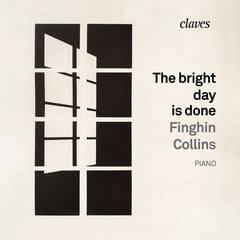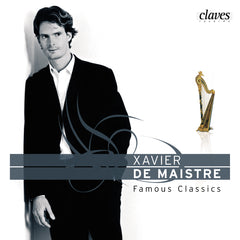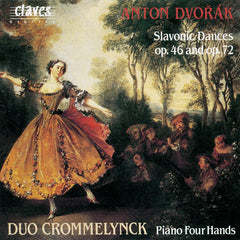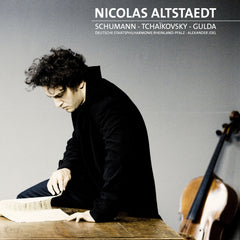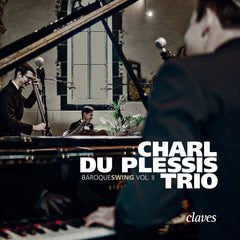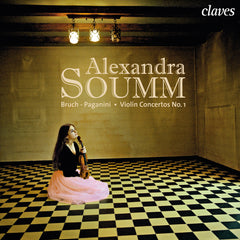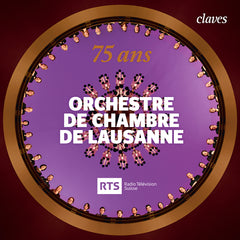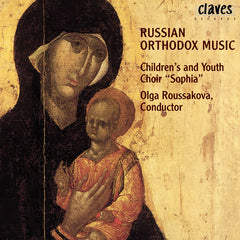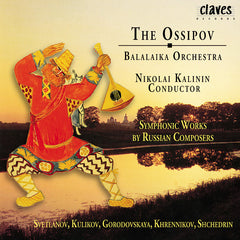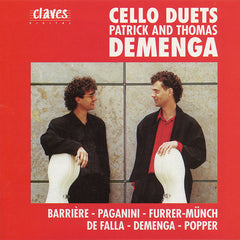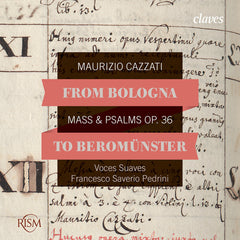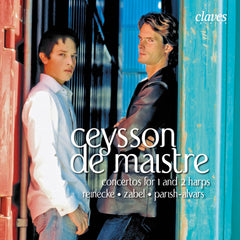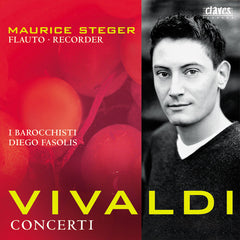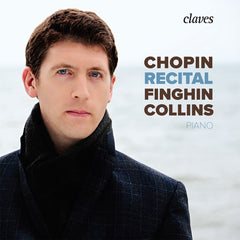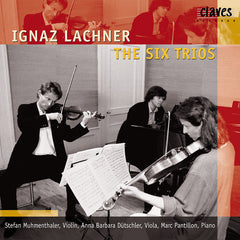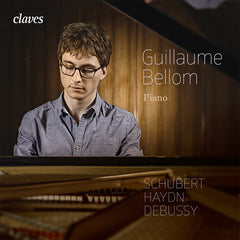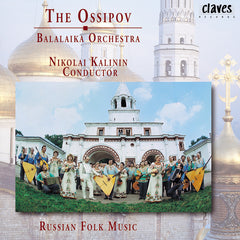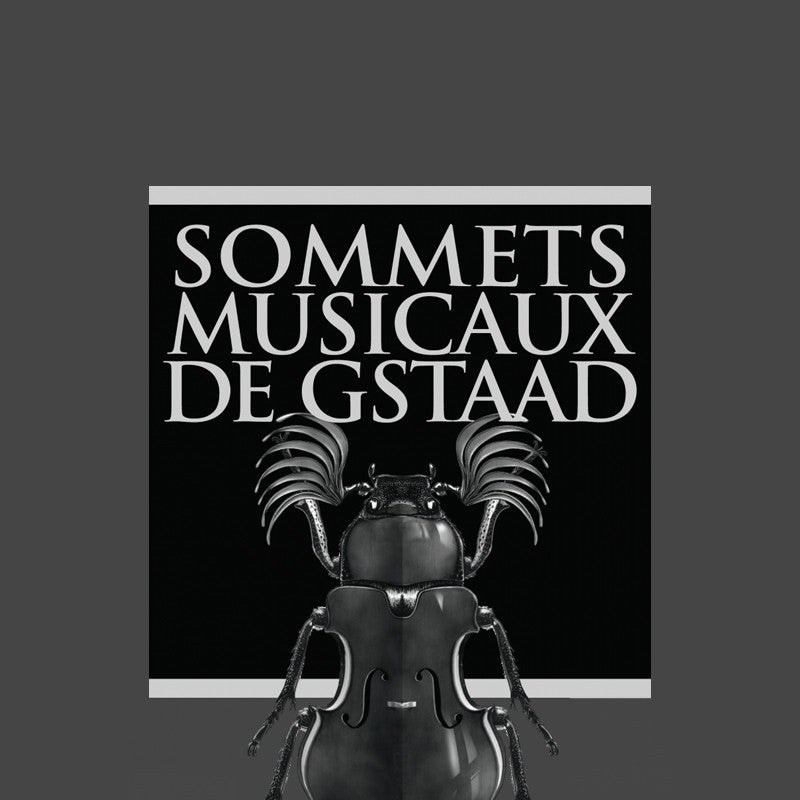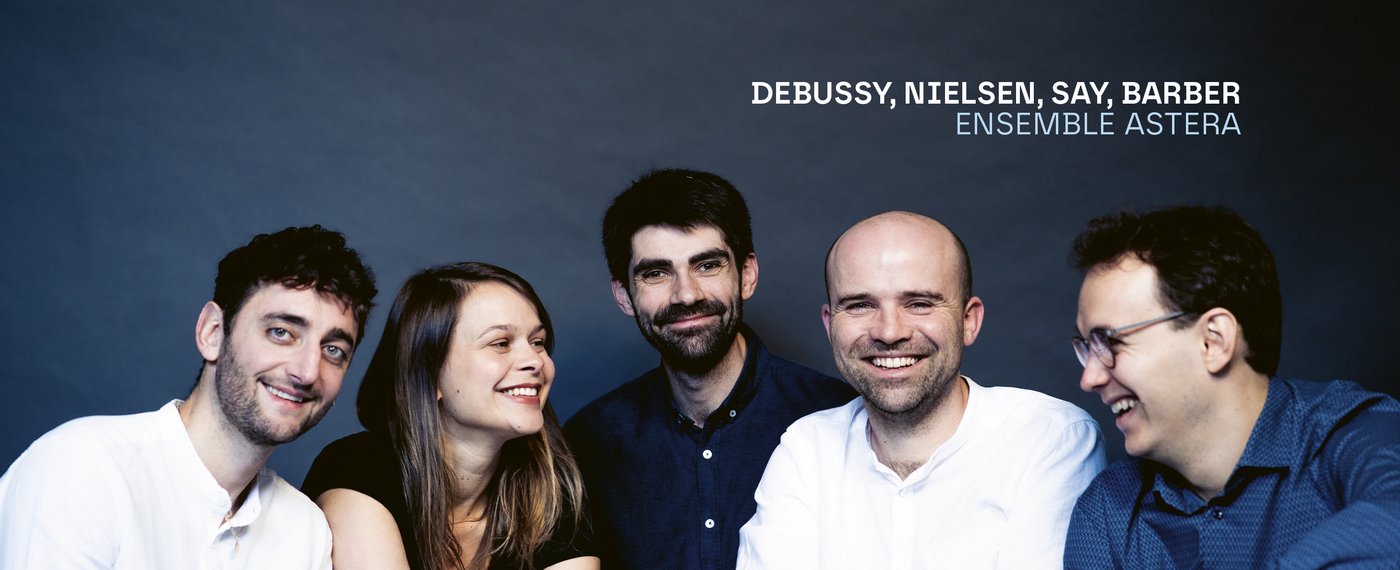
Prix Thierry Scherz
Obwohl Arthur Hinnewinkel Robert Schumann, einen der gequältesten Komponisten der Geschichte, als einziges Emblem für seine erste Aufnahme gewählt hat, strahlt er dennoch Gelassenheit und Einfachheit aus. Sein..
ALBUM ANSEHEN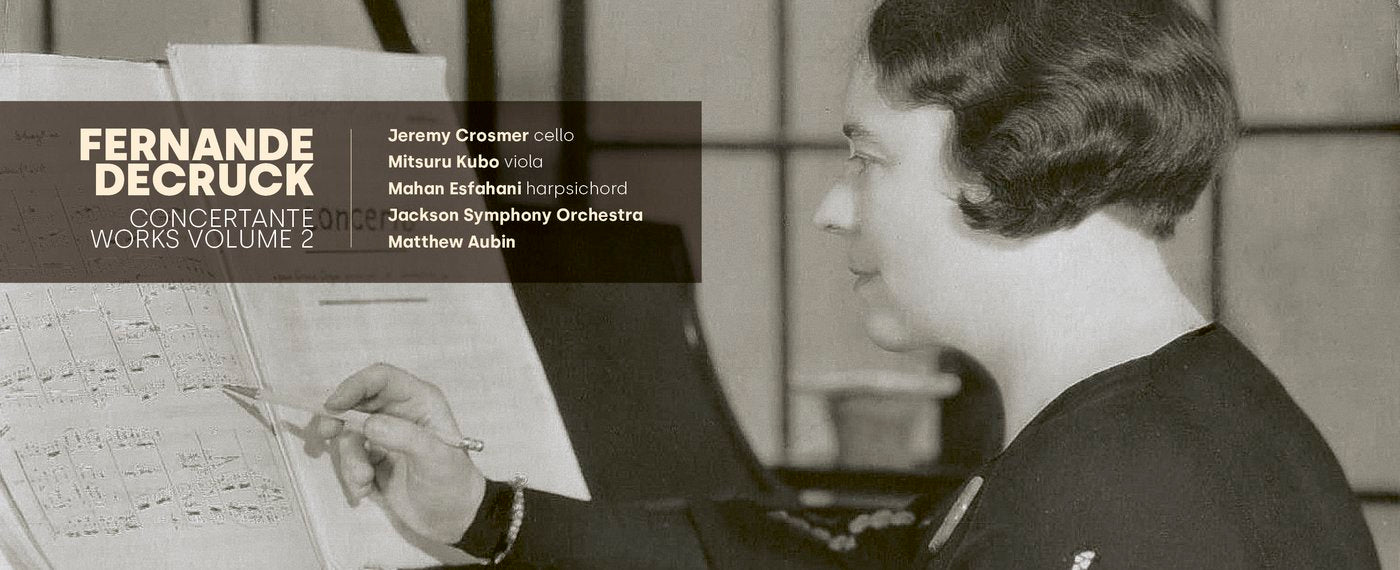
Fernande Decruck
Die Karriere der französischen Komponistin Fernande Decruck war schon früh vielversprechend, als sie am Conservatoire National Supérieur de Paris mehrere Preise (Harmonielehre, Fuge, Klavier) gewann. Als Assistenzprofessorin..
ALBUM ANSEHEN
Izabel Markova wird 1997 in Sofia, Bulgarien, in einer nicht-musikalischen Familie geboren. Sie beginnt im Alter von 3 Jahren mit dem Klavierspiel und tritt dann im Alter von 11 Jahren mit der Bratsche in die Nationale Musikschule "Lyubomir Pipkov" ein, ohne vorher Erfahrung im Geigenspiel zu haben. Sie schließt 2015 die letzten beiden Studienjahre auf einmal ab und wird an der Haute Ecole Musique de Lausanne in der Schweiz aufgenommen. Im Jahr 2022 schließt sie ihr Studium als Meistersolistin in der Bratschenklasse von Professor Alexander Zemtsov ab.
Izabel ist Preisträgerin internationaler Wettbewerbe für Klavier, Bratsche und Komposition, darunter der Internationale Streicherwettbewerb, Serbien, Dobrin Petkov, Bulgarien, Artistes en Herbe, Luxemburg, der Erste und der EMCY-Preis des Internationalen Wettbewerbs Junge Virtuosen, Bulgarien und der Sonderpreis der Blatow-Stiftung des Internationalen Anton Rubinstein-Wettbewerbs, Düsseldorf.
Izabel ist Preisträgerin internationaler Wettbewerbe für Klavier, Bratsche und Komposition, darunter der Internationale Streicherwettbewerb, Serbien, Dobrin Petkov, Bulgarien, Artistes en Herbe, Luxemburg, der Erste und der EMCY-Preis des Internationalen Wettbewerbs Junge Virtuosen, Bulgarien und der Sonderpreis der Blatow-Stiftung des Internationalen Anton Rubinstein-Wettbewerbs, Düsseldorf.

Roberto González-Monjas ist ein äusserst gefragter Dirigent und Geiger, der sich international rasch einen Namen machte. Er ist Chefdirigent des Musikkollegium Winterthur sowie Erster Gastdirigent des Belgian National Orchestra und Chefdirigent des Symphonieorchesters von Galicien in Spanien. Ab September 2024 wird er zudem Chefdirigent des Mozarteumorchesters Salzburg. Als engagierter Pädagoge und Förderer einer neuen Generation hat Roberto González-Monjas zusammen mit dem Dirigenten Alejandro Posada 2013 die Iberacademy gegründet.
Ihr Ziel ist es, ein effizientes und nachhaltiges Modell der musikalischen Ausbildung in Lateinamerika zu schaffen, das sich auf benachteiligte Bevölkerungsschichten konzentriert – und hochtalentierte junge Musiker*innen fördert.
Ihr Ziel ist es, ein effizientes und nachhaltiges Modell der musikalischen Ausbildung in Lateinamerika zu schaffen, das sich auf benachteiligte Bevölkerungsschichten konzentriert – und hochtalentierte junge Musiker*innen fördert.

Die schwedisch-amerikanisch-französische Sängerin, Geigerin und Komponistin begann ihre musikalische Ausbildung mit klassischer Violine und absolvierte das Conservatoire à rayonnement régional in Paris (CRR). Sie hat einen Master-Abschluss in Gesang an der Haute Ecole de Musique de Lausanne. Sie trat in Paris in Lokalen wie Sunset-Sunside, La Bellevilloise, l'Entrepôt und in der Schweiz beim Schweizer Radio RTS, im Auditorium Stravinski, Montreux, im Chorus Jazz Club in Lausanne und bei den Olympischen Jugendspielen in Lausanne 2020 auf. Sie arrangiert für verschiedene Gruppen und komponiert für Film-Soundtracks.
Sie arbeitet regelmäßig mit Filmemachern wie Éléonore Geissler zusammen.
Sie arbeitet regelmäßig mit Filmemachern wie Éléonore Geissler zusammen.

Der schweizerisch-ukrainische und seit bald 20 Jahren in Basel domizilierte Pianist Andriy Dragan konzertiert regelmäßig auf den Bühnen der Schweiz und Europas. Andriy Dragan schafft es immer wieder, als neugieriger Pianist mit neuen Projekten und erweitertem Repertoire, inklusive Werke von Franz Xaver Mozart sowie ukrainischen Komponisten des 19. und 20. Jahrhunderts, sein musikalisches Wirken zu optimieren und das Publikum zu begeistern.
Dies beweist Andriy eindrücklich mit den Klavierkonzerten von Franz Xaver Mozart, die auch heute, nach über 200 Jahren seit ihrer Entstehung, überraschende musikalische Finessen versprühen.
Dies beweist Andriy eindrücklich mit den Klavierkonzerten von Franz Xaver Mozart, die auch heute, nach über 200 Jahren seit ihrer Entstehung, überraschende musikalische Finessen versprühen.

"La jeune violoniste danoise Anna Agafia (°1996), actuellement artiste en résidence à la Chapelle musicale Reine Elisabeth, a obtenu en 2022 le Prix Thierry Scherz, parrainé par la Fondation Pro Scientia et Arte et les Amis des Sommets musicaux de la cité suisse de Gstaad. Décédé prématurément en 2014 à l’âge de 41 ans, Thierry Scherz était directeur artistique de ces Sommets musicaux. Comme l’...

L’année dernière, le label Claves proposait un album de deux CD (50-3018/19) consacré à des pages de Pierre Wissmer (Concertos pour clarinette, pour guitare et pour piano n° 3, ainsi que le Divertimento et la suite symphonique du ballet « Alerte puits 21 ! ») -notre article du 29 avril 2021-, avec, en couverture et en pochette intérieure, la reproduction d’œuvres de la période abstraite du pei...

Dans ce premier volet d’une intégrale des concertos pour instruments à vent de Mozart, Alexis Kossenko tord définitivement le cou à la rumeur tenace selon laquelle Mozart aurait détesté la flûte. Dès le Concerto en sol majeur, celle-ci sait se rendre aimable. D’abord par une impressionnante agilité qu’on ne retrouve pas dans le KV 314, écrit à l’origine pour le haut- bois et transcrit à l’été 1...

L’aube, le matin, le temps de midi, le soir, puis la nuit… Les moments de la journée ont inspiré les compositeurs, de l’époque romantique à aujourd’hui. C’est ce fil universel que tire le pianiste Finghin Collins, dans un récital discographique qui illustre l’inspiration d’une dizaine de femmes et d’hommes, qui se sont servi du piano solo pour transcrire leurs sensations, du réveil confiant au...


